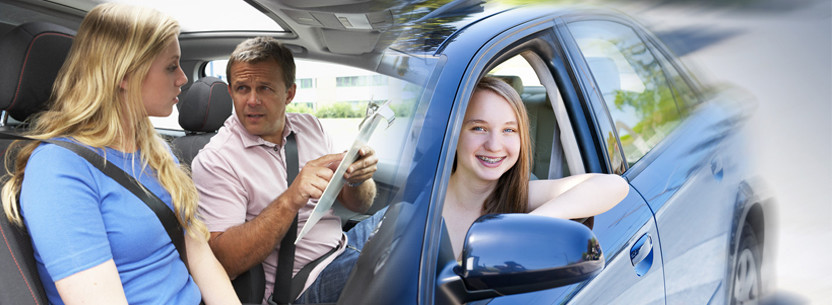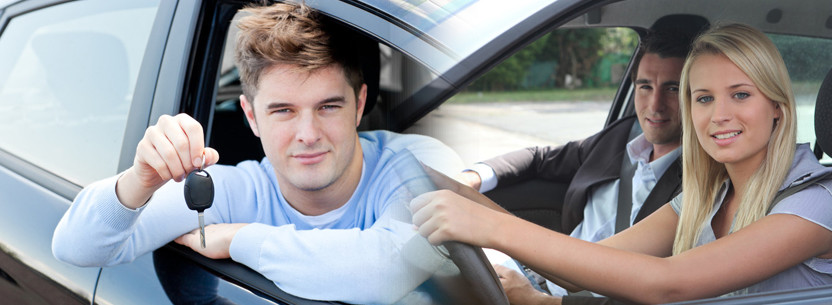1. PLAN YOUR TRIP
That way you can avoid having to backtrack or criss-cross the city. Try to avoid several short trips; instead, combine running all your errands into one outing.
2. AVOID NECESSARY IDLING
Studies have shown that idling for 10 minutes uses about a quarter litre of gas.
3. KEEP YOUR CAR MAINTAINED
Follow your vehicle’s maintenance schedule. Poorly maintained vehicles can cost the equivalent of up to 15¢ more per litre on fuel.
4. KEEP YOUR TIRES INFLATED PROPERLY
Keep your tires inflated properly and use the recommended motor oil for your vehicle; both will ensure your car operates at its best and most fuel efficient level.
5. LIGHTEN THE LOAD IN YOUR CAR
For every 100 additional pounds you store in your car, you are lowering the mileage you get per tank by 1-2 per cent. All that junk in your trunk is costing you gas money.
6. REMOVE THE ROOF RACK WHEN NOT IN USE
A roof rack will affect your car’s aerodynamics and will decrease your car’s fuel efficiency, which is a real drag to your wallet.
7. USE YOUR REMOTE STARTER SPARINGLY
While a remote starter is convenient, it can result in needless idling and wasted fuel if you start your car too early.
8. ANTICIPATE TRAFFIC
Look at the traffic as far ahead as possible in order to avoid unnecessary stopping and starting within the flow of traffic. Also, if possible, alter your commute time to avoid sitting in traffic. Leaving an hour earlier or later can make a huge difference.
9. AVOID EXCESSIVE HIGH SPEEDS
At 120 km/h, a vehicle uses about 20 per cent more fuel than at 100 km/h. Also, try and maintain a steady speed when driving. Frequently varying your speed can really affect your tank and lead to a higher consumption of fuel. Accelerate gently and coast to decelerate. The harder you accelerate, the more fuel you consume. The same goes for braking. In fact, jackrabbit starts and stops can increase your fuel consumption by up to 40 per cent.
**Information derived from online sources.


